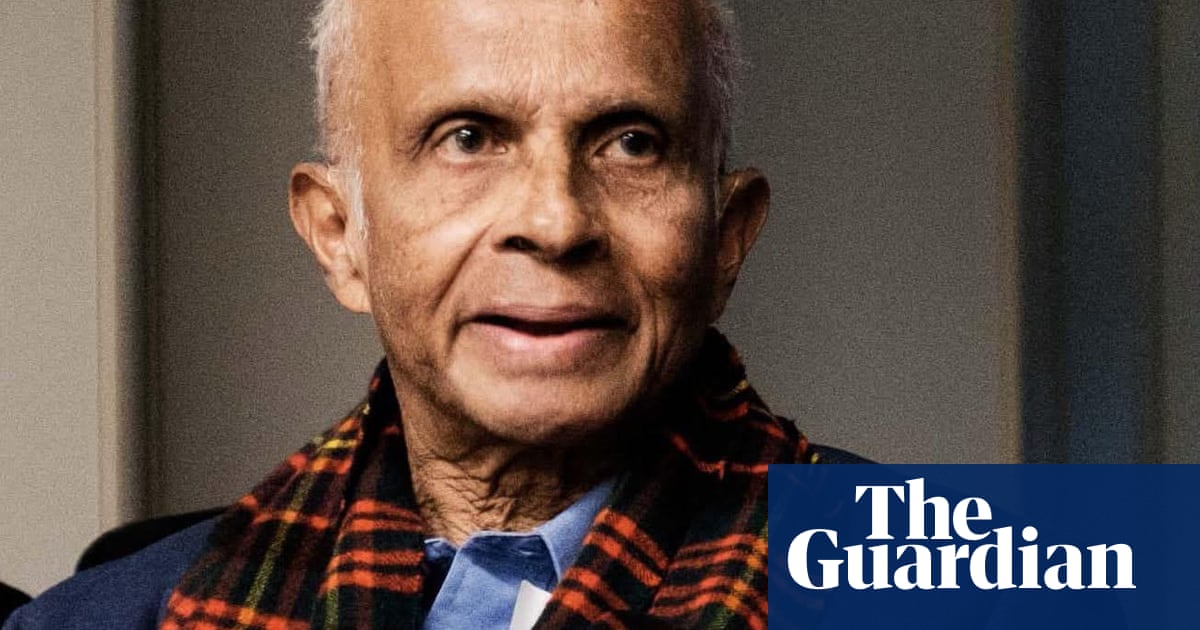My friend and colleague Suman Fernando, who has died aged 92, had an international reputation in the field of critical psychiatry, particularly in relation to advocating for race equity in mental health.
As well as being a consultant psychiatrist in theNHSfor more than 20 years, Suman wrote 14 books and many articles in which he consistently and methodically challenged institutional racism in British mental health provision.
In his first book, Race and Culture in Society (1988), he explored the role that race and culture play in how people experience mental health issues and services. In his breakthrough 1991 book, MentalHealth, Race and Culture, he challenged the dominance and singularity of the medical model, and argued that any service response for minority communities should also focus on social, cultural and institutional issues.
Suman often juxtaposed the western, individualised notion of mental illness with those of the global south or indigenous healing systems that see fragmentation of community cohesion as causal, with responses that are more spiritual and community-based. It is worth noting that the relatively recent inclusion of practices such as mindfulness and yoga into mental health recovery in the west are precisely those that have underpinned indigenous models for centuries.
Born in Colombo in Ceylon (now Sri Lanka), Suman was the son of Charles, a doctor, and his wife, Esme (nee De Mel). He attended Royal college in Colombo, then followed in the footsteps of his father and grandfather, who had both studied medicine in the UK. Studying at Cambridge University and University College hospital in London, he qualified in 1958.
After briefly returning to Ceylon to work in its only psychiatric hospital, on the outskirts of Colombo, he returned in 1960 to the UK, where the following year he married Frances Lefford, whom he had first met when they were students at University College hospital.
Working as an NHS psychiatrist at Chase Farm hospital in Enfield, north London, he became a fellow of the Royal College of Psychiatrists in the early 1970s, and in 1975 received an MD from the University of Cambridge based on his studies in transcultural psychiatry. He retired in 1997.
Suman remained deeply connected to his Sri Lankan heritage and supported many institutions and projects in the country, in particular the People’s Rural Development Association, which he played a key role in establishing in 2007. He was also a partner in the Trauma and Global Health programme organised by McGill University in Montreal, Canada, which brought valuable mental health training to Sri Lanka.
I first met Suman in Sri Lanka in the 90s, where we were both undertaking voluntary work. He was a kind, warm, humble and generous person who made time for everyone.
He is survived by Frances, his daughter, Siri, two grandsons, Nathan and Alec, his brother Sunimal and sister Susila.
